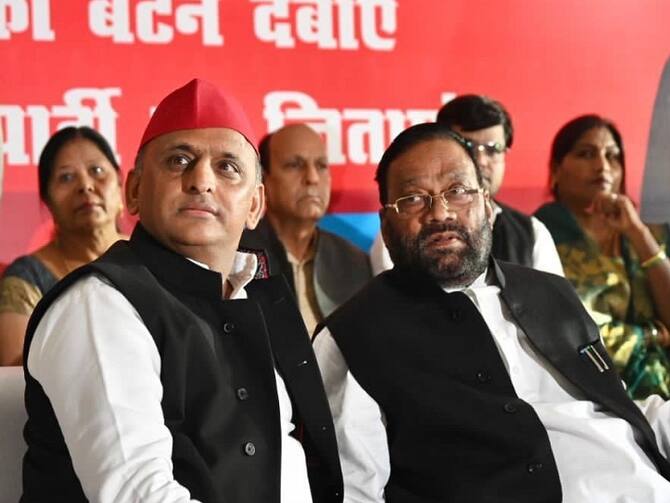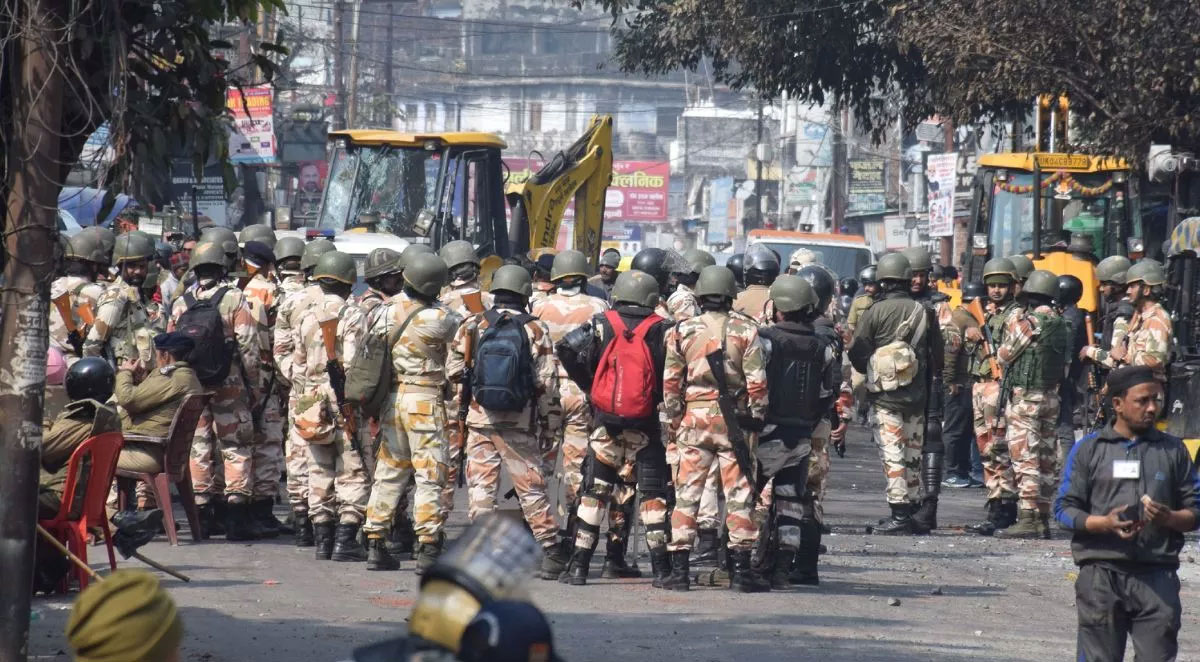It is now almost certain that the Union Government is going to drastically alter the rules on reservations for the Other Backward Classes (OBCs). This could render a large section of OBCs ineligible for applying under the quota for jobs in central government services and institutions under the control of the central government. The National Commission for Backward Classes (NCBC) is understood to have agreed to one of the key recommendations of the B.P. Sharma committee, appointed by the Department of Personnel and Training (DoPT) of the central government. The committee has recommended that salary income be considered a part of the annual income for determining whether a candidate falls in the creamy layer and thus is ineligible for reservation. OBC MPs of the BJP are said to have protested this development. However, Thawar Chand Gehlot, union minister for social justice and empowerment, told FORWARD Press that salary was already being taken into account while computing the annual income of OBC families.
The issue
The decision to grant 27 per cent reservation to the OBCs, for jobs in central government services and institutions under the control of the central government, was taken when V.P. Singh was prime minister. The decision was challenged in the Supreme Court, which became known as the “Indra Sawhney versus The Union of India” case. The court, in 1993, upheld the V.P. Singh government’s decision but with two riders. First, total reservations should not exceed 49.5 per cent and second, well-off OBC families should be placed out of its ambit. On the directive of the apex court, the Government of India appointed an expert committee to decide the modalities of excluding, what was termed as, the “creamy layer”. At present, OBC families with an annual income of Rs 8 lakh or above are considered to be in the creamy layer and their members are not eligible for reservations. However, salary income and agricultural income are not to be taken into account while calculating the annual income according to an office memorandum (OM No 36012/12/93 Establishment (SCT) dated 08/09/1993) issued by the central government in 1993. The cut-off income, which was initially pegged at Rs 1 lakh, was revised periodically and now stands at Rs 8 lakh.
However, a glitch remained. This office memorandum applied only to Group C and D (Class III and IV) employees of the central and state governments and not to those working in central and state government undertakings (PSUs). Because the equivalence of positions in the PSUs with those in the government was not established, the Group C and D (Class III and IV) employees of the PSUs, based on their income that includes their salaries and agricultural income, could be placed in the creamy layer. The Parliamentary Standing Committee on the Welfare of Backward Classes, chaired by Ganesh Singh, MP, recommended measures to correct this anomaly.

In its report, the committee, among other things, recommended that income from salary and farming should not be included in the annual income and that the cut-off should be raised from Rs 8 lakh to Rs 15 lakh per annum. But the government did not accept the recommendations and instead, in 2018, appointed a committee, headed by B.P. Sharma, former Secretary of DoPT, with the same mandate.
The Sharma committee presented its report to the government at the beginning of this year, recommending to the government that salary be considered a part of the annual income and that the rule be applied uniformly to both government and PSU employees. This caused quite a stir. It also suggested that the “creamy-layer” threshold be raised from Rs 8 lakh to Rs 12 lakh.
NCBC’s nod
According to a report published by The Times of India, the NCBC has given its nod to the proposal. An office memorandum with the draft Cabinet note based on this proposal was sent to the NCBC by the Ministry of Social Justice and Empowerment on 12 March 2020, seeking its opinion on the matter. Now, all that is needed is the Cabinet’s approval before the new rules come into effect, pushing a large number of OBC candidates applying for positions in government services and institutions run by the central government into the creamy layer, thus depriving them of reservations.
Gehlot’s bizarre statement
Minister Gehlot’s statement to FORWARD Press that “salary income was always considered a part of the annual income and that this is nothing new” is bizarre. It is in fact shocking because the rule that agricultural and salary income should not be considered part of the annual income of Class C and D government employees has been in force since 8 October 1993 and the relevant office memorandum has found mention in innumerable official documents related to OBC reservations.
Also read : Lack of clarity in DoPT rules keeps OBCs out of IAS
Ganesh Singh: ‘This is wrong’
Ganesh Singh, who headed the parliamentary committee, told FORWARD Press that it was wrong on the part of the government to accept the recommendations of the B.P. Sharma committee. He said that a sizeable number of Group A, B and C (Class I, II and III) posts, reserved for the OBCs, are lying vacant, ostensibly because eligible candidates are not available. The committee he headed had recommended that the cut-off be raised so that a larger number of aspirants are able to apply for these posts. But if salary is included in the annual income, the situation will only worsen and even fewer OBC candidates will be available for the posts that need to be filled up. He said that the committee had recommended that salary should not be considered while calculating the annual income. “At present, the share of OBCs in the government’s employ is less than 27 per cent. Once the OBCs get their due share, the government may go in for some restrictions,” but not now.

Ganesh Singh said that he had tweeted to the Prime Minister Narendra Modi and the Union Home Minister Amit Shah urging them to reject the recommendations of the Sharma panel. He said he had requested other OBC MPs to tweet, too.
(Translation: Amrish Herdenia; copy-editing: Anil)
Forward Press also publishes books on Bahujan issues. Forward Press Books sheds light on the widespread problems as well as the finer aspects of Bahujan (Dalit, OBC, Adivasi, Nomadic, Pasmanda) society, culture, literature and politics. Contact us for a list of FP Books’ titles and to order. Mobile: +917827427311, Email: info@forwardmagazine.in)
The titles from Forward Press Books are also available on Kindle and these e-books cost less than their print versions. Browse and buy:
The Case for Bahujan Literature
Dalit Panthers: An Authoritative History







